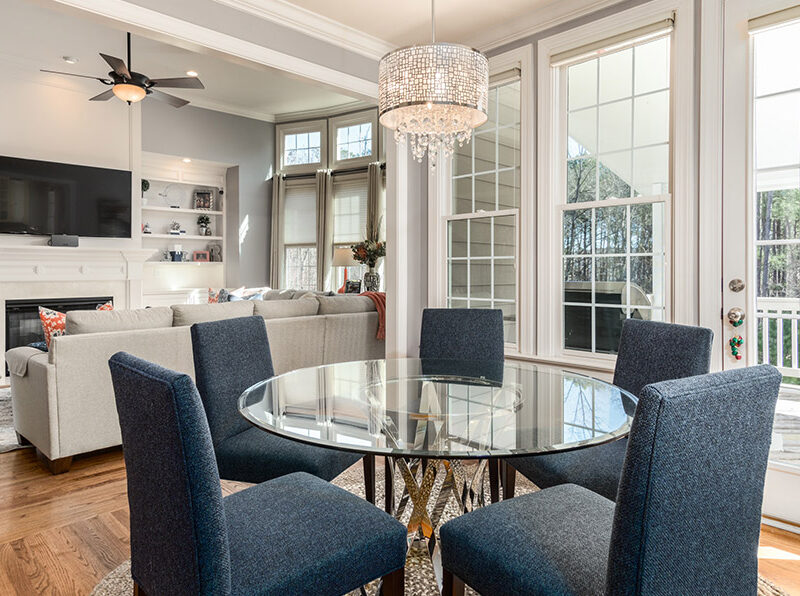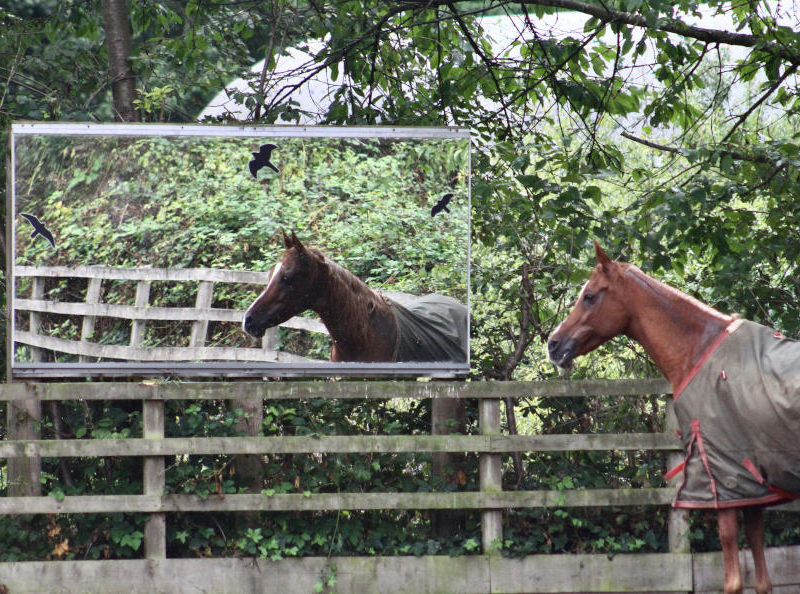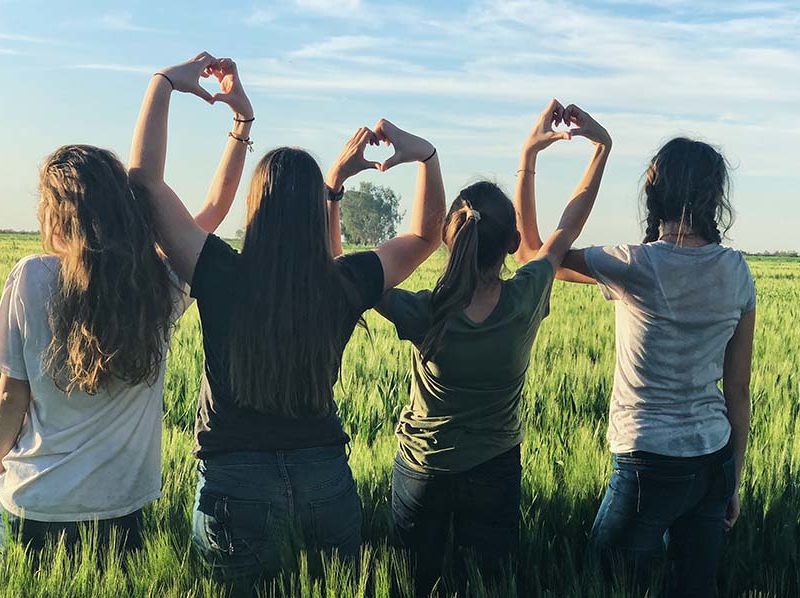
Community Conversations: mental wellbeing
Ways to Wellbeing
Why mental health should be top of the agenda as we rebuild after the pandemic
The impact of the last year on our wellbeing has been huge. Uncertainty, loneliness, fear and isolation have taken their toll. But mental ill health has been a pandemic long before Covid. It’s estimated that one in four adults and one in 10 children experience mental illness. As we rebuild, it’s an opportunity to look at what we, in our communities, need so that we can make sure mental wellbeing is a top priority.
New initiatives are launching, and existing resources ramped up to provide new ways of offering support. But one of the first hurdles for many is in seeking help. Breathe Café hopes to take away some of the barriers, offering a neutral safe space to make those initial steps. Set up by the charity Shawmind, which works with schools and businesses to provide mental health support, anyone with a mental health concern can meet with a mental health first aider to find out where they can access help. The first local Breathe Café is opening within Wimbledon’s Lu-Ma restaurant, with more partnerships being sought in south west London and Surrey.
In some cases, simply reconnecting with others and being involved with the community can help with wellbeing. There are some fantastic examples locally such as The Community Brain’s work across Kingston borough – it runs many practical and creative projects but crucially, it is about building networks.
The idea of ‘social prescribing’ is growing – that is to use the power of the community, and non-clinical resources, to help wellbeing and reduce isolation. Surrey recently received £500,000 for nature-based wellbeing support to connect more people with opportunities outdoors. Those who live and work locally are being asked to help fill in an interactive online map to highlight the activities and places where they experience nature – everything from green spaces, local parks, waterways and community allotments to walking, cycling and outdoor sports, with the idea being to build on what is available and encourage others to join in.
Kingston adult education offers some excellent wellbeing courses, many of which are free, and Mind also has a podcast featuring people with a connection to Kingston talking about mental health.
For teen mental health, a new series of free weekly webinars is set to launch to coincide with Mental Health Week (10 – 16 May), which have been set up by local company Intuitive Events. Let’s All Talk Mental Health is aimed at parents so that they can help their children with issues such as teen anxiety and depression. The first will take place on 10 May,
While this can all help with improving wellbeing generally, mental ill health needs assessment and expertise.
Mind in Kingston explains its role and how to access help. Says Vicky Bourne, counselling and wellbeing manager: “We offer short term, low cost counselling and various other social and support groups but if you find that you are struggling with your mood, it might be time to reach out to a professional who can help.” See your GP. Many are also offering telephone or video call appointments. “They can can advise on the best course of action for you.”
Shaping the future
As we rebuild after the pandemic, we need to be kinder to ourselves, and look at what we can all do to support our communities.
We can start by helping to shape what mental health services look like going forward. South London Listens is the first phase in a new mental ill-health prevention programme that brings together NHS Mental Health Trusts with local authorities, Healthwatch, Public Health England, Citizens UK, Black Thrive and other community partners. More than 5,700 people from across South London have already taken part in listening events and shared their experiences and ideas.
A digital survey has also been launched to find out how people are coping during the Covid-19 pandemic and the issues putting pressure on health and wellbeing. Everyone living in South London is encouraged to take part.
Vanessa Ford, chief executive, South West London and St George’s Mental Health Trust, says: “We are determined to reach people in every corner of South London. By sharing your experiences, you can help us to drive this ambitious work forwards and prevent thousands of peoples’ lives being affected by mental illness.”
Everyone has a role to play in supporting mental wellbeing. Says Peter Wingrove, CEO of Shawmind: “We need to be tolerant of each other, as we have all been through an unprecedented time and may have experienced the pandemic in very different ways. Some people may have been more vulnerable than others to the virus, which means they may have quite a bit of anxiety – regardless of vaccination status – in adapting again to face-to-face interactions as we now emerge from lockdown. Whether this is commuting on public transport, returning to the office, or simply meeting up in shops and restaurants, let us accommodate such anxieties by respecting personal boundaries, wearing masks, sanitising hands and so on, to help those who are struggling to feel safe.”
“The most important thing we can do, once it is safe to do so, is to get out and enjoy the summer, meet up with our families and friends and support our local businesses. This will have a massive positive impact on mental health in our community as a whole and is a sure-fire way to put the nightmare of the pandemic behind us.”
Vicky adds: “Try to focus on the present –whilst a lot of things are uncertain at the moment, there are also things to be hopeful about. Try to appreciate good things as they happen and take opportunities to talk to people you trust and take time to relax.”
The Samaritans offers support to anyone who is struggling: call any time, free, on 116 123. www.samaritans.org
READ MORE
How our communities our rebuilding after the pandemic.






